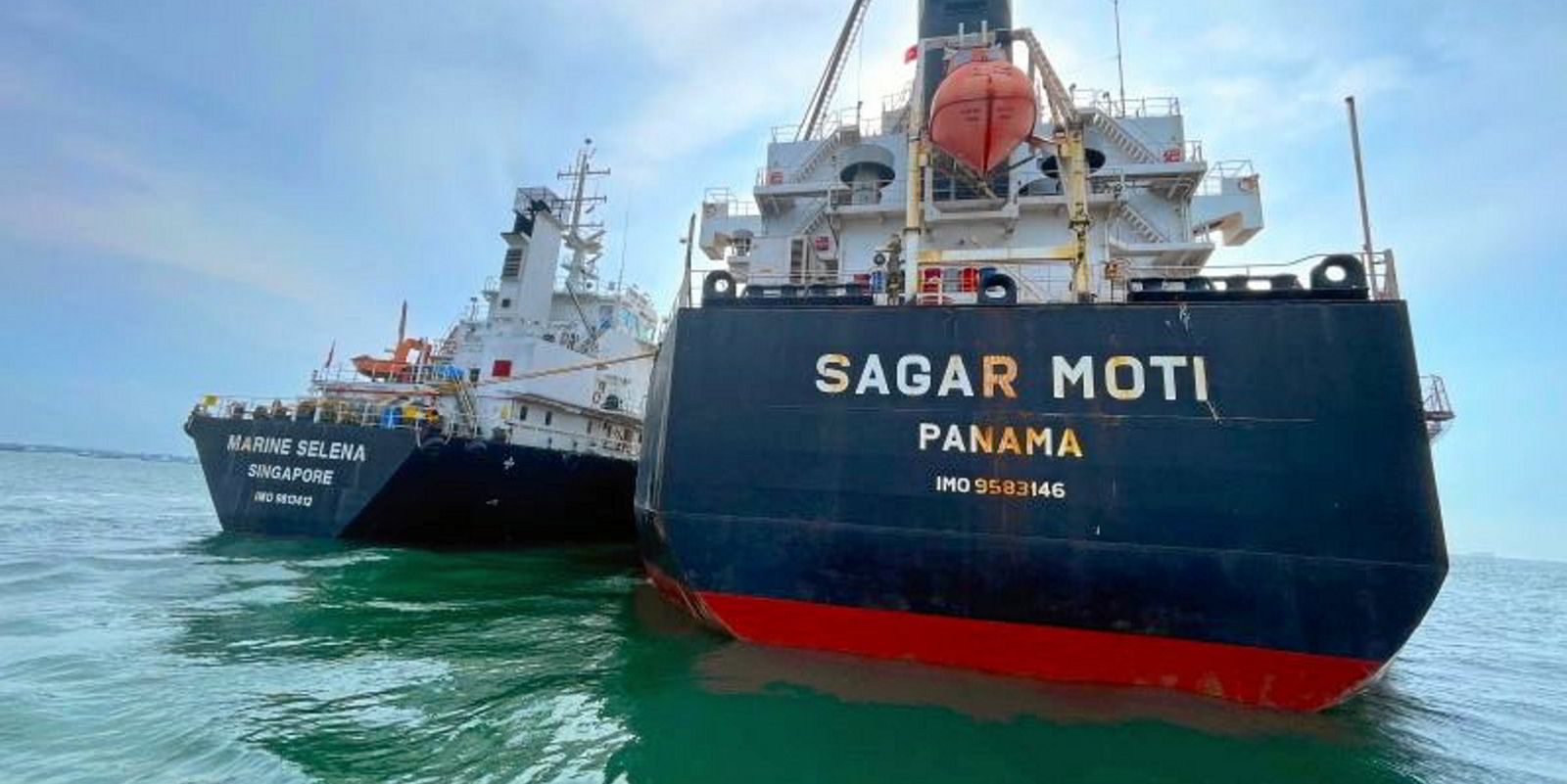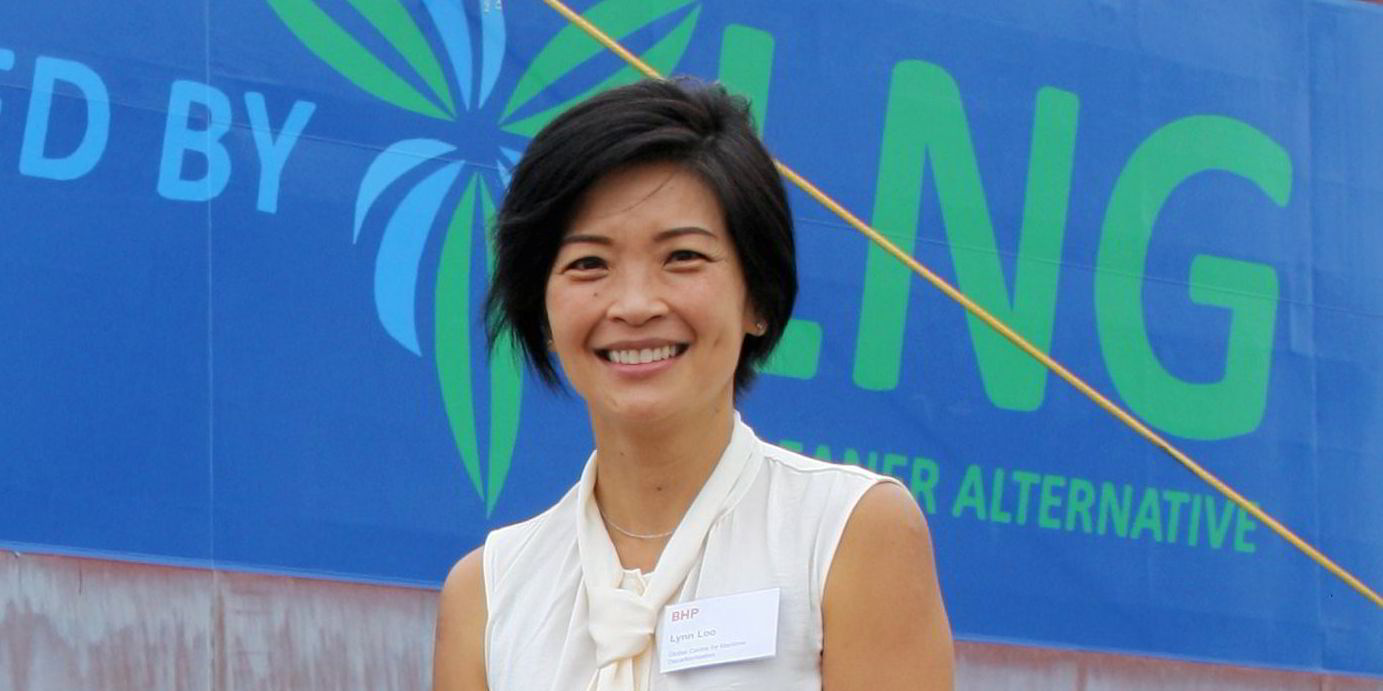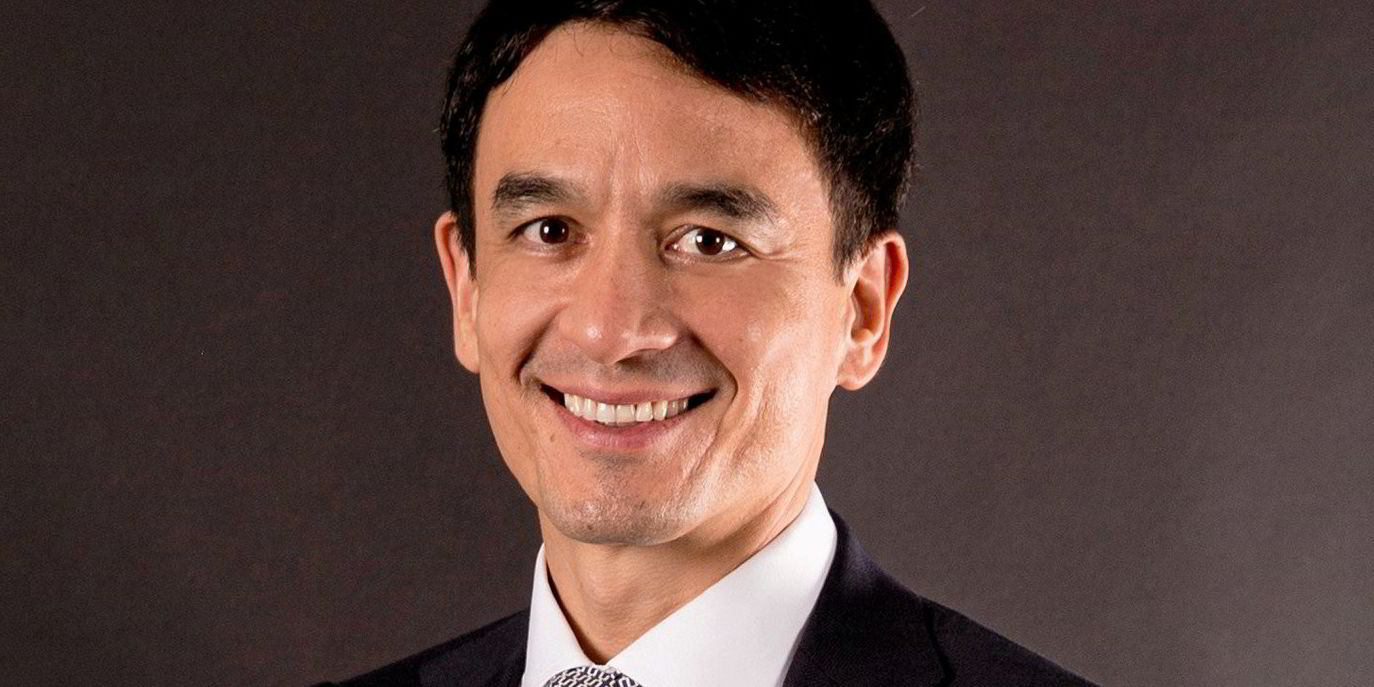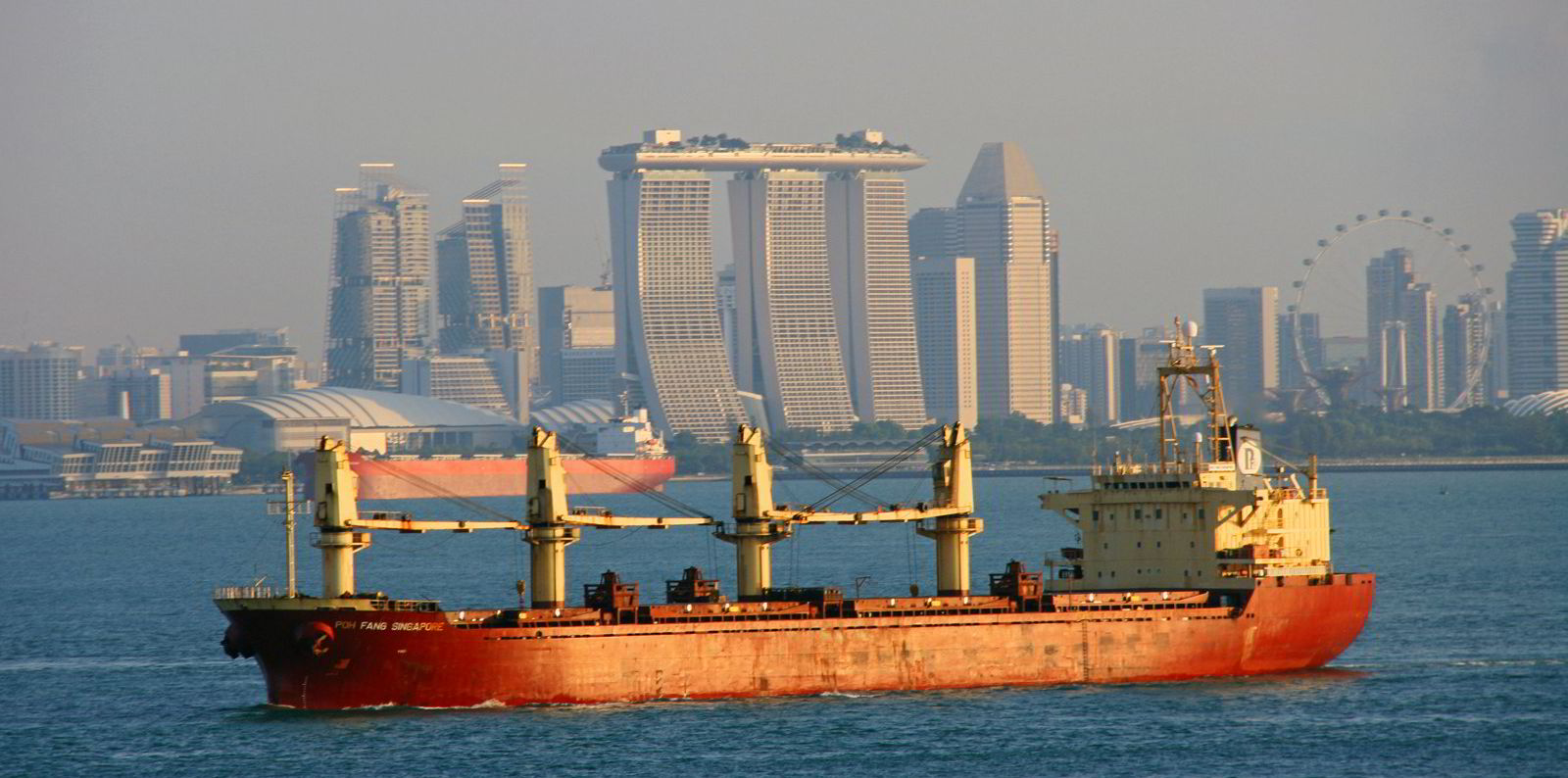Singapore says it has developed a provisional national quality standard for marine biofuel to support the development of biofuel bunkering.
The new standard, WA 2:2022, was unveiled on Wednesday at the first day of the biennial Singapore International Bunkering Conference and Exhibition (SIBCON).
Currently, there is no international quality standard for biofuel as a marine fuel, according to Singapore’s Maritime Port Authority.
“We have worked with industry, academia, and other agencies to develop a national standard on the specifications of marine biofuels, which will be useful for bunker suppliers and buyers,” said Singapore’s senior minister of state for Transport Chee Hong Tat.
“Standards may sound very technical or boring, but they are important as a common reference point that is accepted by all parties, and that gives confidence when they transact.
“I just want to take this opportunity to acknowledge and pay tribute to all the hard work that our industry experts, researchers and government regulators have put in behind the scenes,” he added.
Chee said Singapore had been trialling the use of biofuel for harbour craft as they are “less challenging than ocean-going vessels”.
“We will then apply learning points to bunkering for ocean-going vessels, to serve the needs of the international shipping community,” he said.
Later this year, Singapore’s Maritime Energy and Sustainable Development Centre of Excellence (MESD) will release the findings of its compatibility study on various biofuel types and percentage blends.
MPA said it has also developed a framework setting out conditions under which licensed bunker suppliers may supply biofuel within the Port of Singapore to support trials.
Around 70,000 tonnes of biofuel have been supplied in Singapore to vessels across more than 40 biofuel bunkering operations.
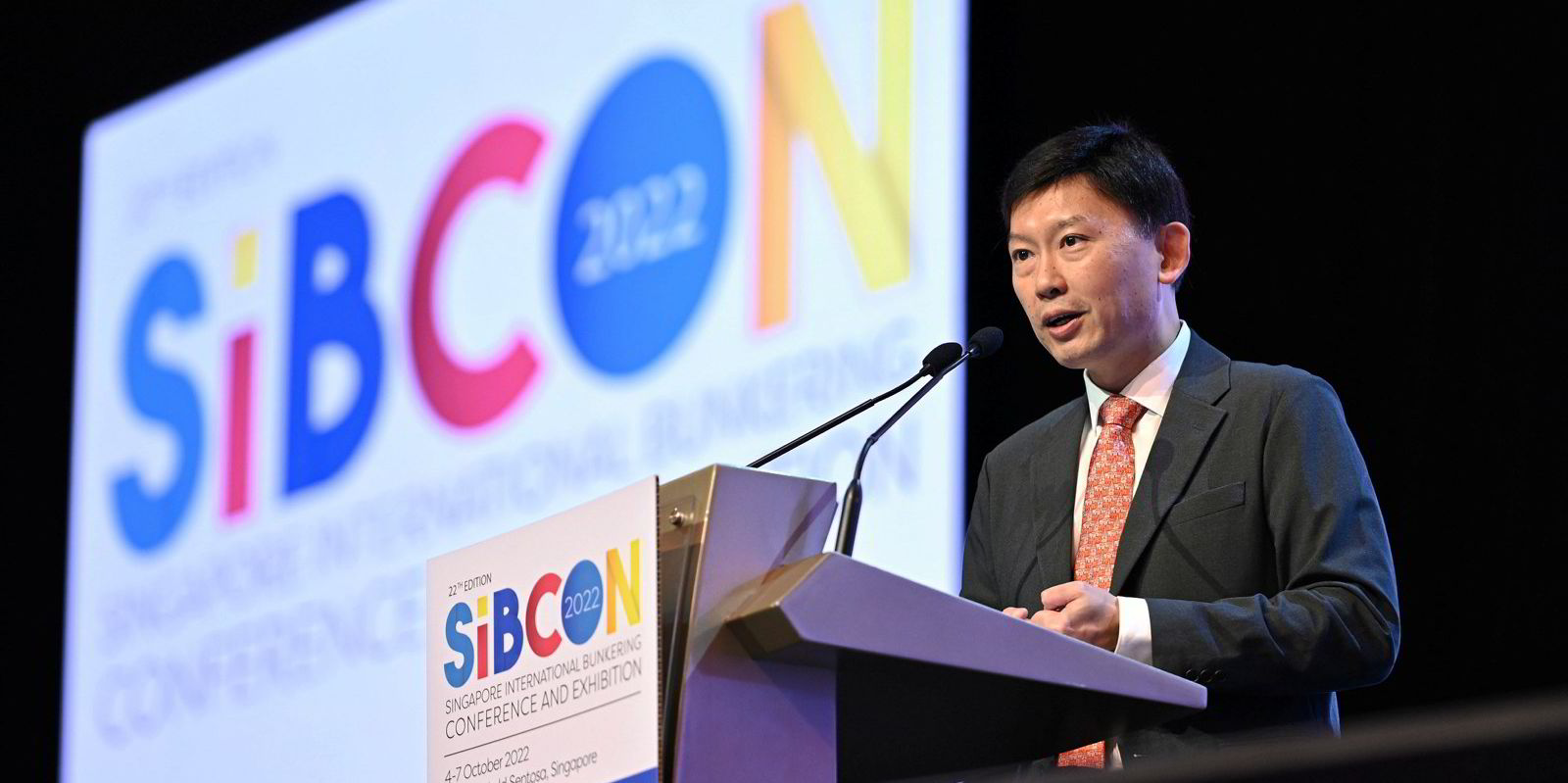
“As part of a multi-fuel future, methanol, ammonia and hydrogen derived from renewables and its carriers as well as biofuels could play significant roles in the decarbonisation of global shipping,” the MPA said.
“We will continue to collaborate with public and private sector partners to accelerate the trials and adoption of these new fuels to support our domestic and international sustainability goals.”
On quantity assurance, MPA said it is working with Singapore’s technical committee for bunkering, to study the impact of biofuel on the metrological accuracy of mass flow meters.
It is also said to be working with stakeholders to amend the SS 648: 2019 code of practice for bunker mass flow metering to include biofuels within its scope.
On alternative fuels, Chee said LNG was a “pragmatic transition fuel” which is available today to reduce greenhouse gas emissions.
“Growing confidence in LNG as a marine fuel is reflected by the existing order book with approximately 30% of the gross tonnage on order being LNG dual-fuelled or LNG capable,” he said.
Chee admitted that while LNG was not “zero carbon emissions”, it was a better alternative compared to the traditional bunker fuel.
“We are still exploring and conducting research on other zero-carbon fuels, but they are not commercially feasible at this stage on a large scale. Therefore, we want to take a practical step to use LNG as a transition fuel,” he said.
Chee said Singapore is already able to supply LNG bunkers and completed a total of 24 ship-to-ship (STS) transfer operations in 2021.
“We will continue to build up our capabilities in this area and are looking forward to the completion of Singapore’s second LNG bunker vessel, Brassavola, which was christened Tuesday,” he said.
Looking ahead, Chee said Singapore envisages a multi-fuel future where hydrogen derived from renewables and its carriers as well as biogenic fuels could play important roles in the decarbonisation of shipping.
“Methanol could become accessible to the marine industry in this decade, while ammonia could be trialled perhaps towards the end of the decade,” he said.
“As the top bunkering port, Singapore will work closely with the shipping community on the introduction of these fuels in Singapore.”
